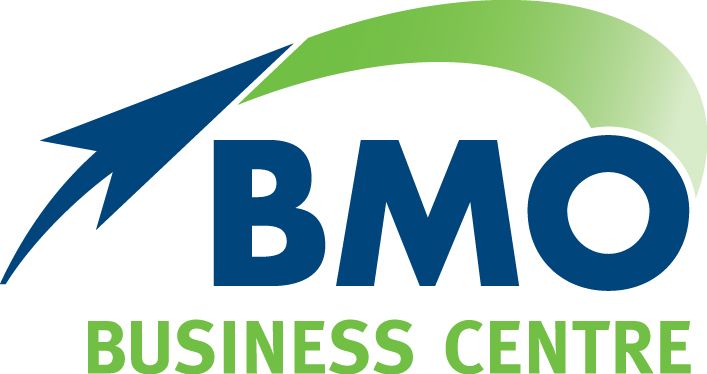Claiming small business CGT concessions
The Government is continuing to tighten the eligibility rules for claiming tax concessions relating to small business capital gains tax (CGT) obligations.
If you qualify, these concessions can have a big impact on how much of the profit from the sale of a business asset you get to keep, and how much goes to the tax man.
Ruling tightens eligibility
Selling an income-producing asset such as property, business equipment or shares at a profit, will create an assessable capital gain. This capital gain is then used to calculate your CGT obligation, which forms part of your annual income tax bill.
Business owners are permitted to use several tax concessions to reduce CGT, but the eligibility rules can be tricky to navigate.
A new tax determination ( TD 2021/2
) has further tightened them by clarifying that companies carrying on a business whose only activity is renting out an investment property are not eligible to claim the CGT concessions when the property is sold.
Small business and CGT
The four small business CGT concessions
are in addition to the normal 50 per cent general discount on CGT when you have owned an asset for more than 12 months.
Generally, the concessions apply to any asset your business owns and eventually sells at a profit, provided your annual turnover is under $2 million.
The four small business CGT concessions are:
- The 15-year exemption exempts the capital gain generated on a business asset you have owned for at least 15 years. The sale proceeds can then be contributed into your superannuation account (up to the relevant contributions limit). If you don’t qualify, you can still use the normal 50 per cent CGT general discount first, then use any of the remaining small business concessions for which you qualify.
- The 50 per cent active asset reduction allows you to reduce any capital gain from the sale of an active business asset.
- The retirement exemption applies if you sell an active business asset to retire, with a CGT exemption up to a lifetime limit of $500,000. If you are aged under 55, your profit must be paid into a complying superannuation fund. This exemption cannot be used for capital gains from passive investment assets.
- The rollover concession can be used to defer your capital gain from the disposal of an active business asset to a later financial year. You must buy a replacement business asset or make a capital improvement to an existing asset to qualify.
If your business turnover is over $2 million but under $10 million, you may be able to use the small business restructure rollover concession. This permits the transfer of active assets – including CGT assets, trading stock and depreciating assets – from one business entity to another without incurring an income tax liability.
Qualifying for CGT concessions
You can apply for as many of the four special CGT concessions as you are entitled to. In some situations, this can reduce your capital gain to zero. Before applying, you need to meet the basic eligibility conditions
for the CGT concessions.
Put simply, you must satisfy four basic conditions applying to all the concessions and then check if you meet the additional eligibility rules applying to each CGT concession.
The first condition requires you to be either a small business entity (SBE) with an aggregated turnover of less than $2 million; not carrying on a business but have a ‘passively-held asset’ used in the business as a connected entity; a partner in an SBE partnership; or satisfy the maximum net asset value ($6 million) test.
In addition, the business asset you are disposing of must satisfy the active asset test. If the asset is a share in a company or an interest in a trust, it must meet additional conditions.
The final step covers assets related to membership interests in a partnership. Each step must be considered in the set order before moving to the eligibility criteria for the individual concessions.
If you plan to take advantage of these concessions, ensure you check the qualifying requirements carefully – or speak to us – as the process is quite complex.
If you would like more information about the tax implications surrounding the disposal of your business assets, call us today.
The post Claiming small business CGT concessions appeared first on BMO Accountants.
Contact Us
BMO Dalby
By Mail:
PO Box 180
Dalby Qld 4405
In Person: 178 Drayton Street (access via Hogan Street)
Dalby Qld 4405
BMO Charleville
By Mail:
PO Box 198
Charleville Qld 4470
In Person: 58 Alfred Street
Charleville Old 4470
BMO Roma
By Mail: PO Box 300 Roma Qld 4455
In Person: 137 McDowall Street Roma Qld 4455
Office Hours:
Monday – Thursday 8am – 5pm and Friday 8am – 3pm
PH: 07 4662 3722
FAX: 07 4662 5975
Useful Links
Stay in Touch
Footer Contact Form
We will get back to you as soon as possible
Please try again later
Contact Us
BMO Dalby
By Mail: PO Box 180 Dalby Qld 4405
In Person: 178 Drayton Street (access via Hogan Street) Dalby
BMO Charleville
By Mail:
PO Box 198
Charleville Qld 4470
In Person: 58 Alfred Street
Charleville Old 4470
BMO Roma
By Mail: PO Box 300 Roma Qld 4455
In Person: 137 McDowall Street Roma Qld 4455
Office Hours: Monday – Thursday 8am – 5pm and Friday 8am – 3pm
PH:
07 4662 3722
FAX: 07 4662 5975
Footer Contact Form
We will get back to you as soon as possible
Please try again later
All Rights Reserved | BMO Dalby | Website design & development by Hey Marketing


